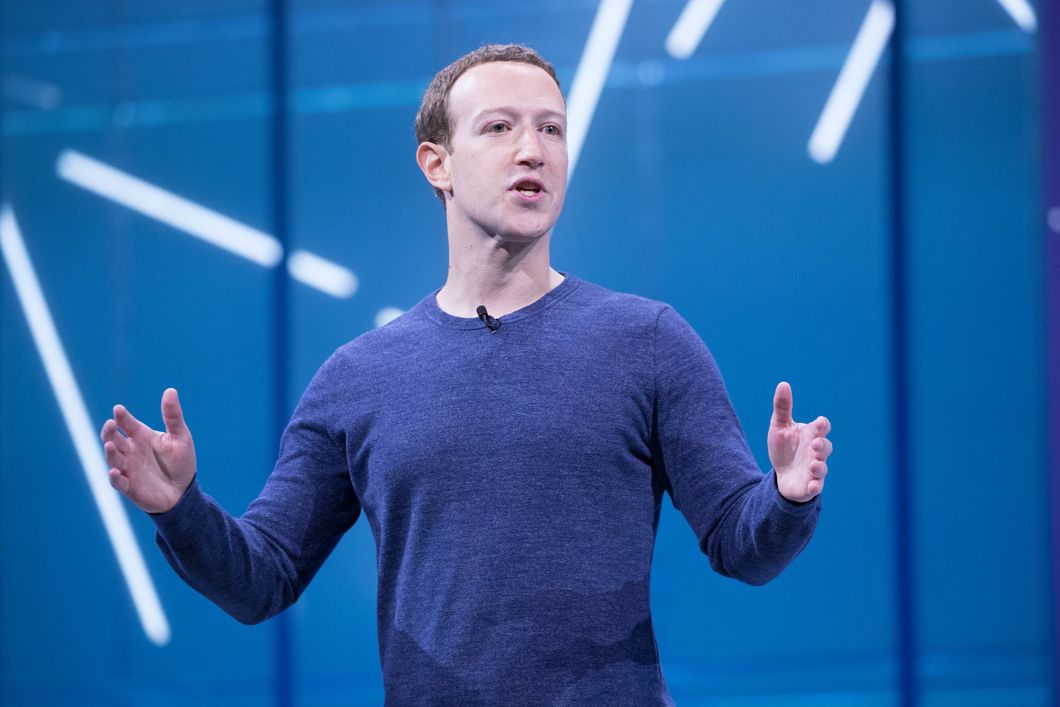Technology is changing. People are changing. Times are changing.
It's no secret that Facebook is spiraling down after it was released that "private" messages sent on Facebook are actually used by data analyzers to collect information on users. It's also no secret that people were pretty darn pissed about it.
The gap between companies and their users is closing very quickly, so what used to be "secret" before, isn't so secret now. As a response to all of the backlash from Facebook users about the platform's lack of privacy, Mark Zuckerberg has proposed a new "privacy pivot." He hopes to transform Facebook's reputation of being a "town square" to a "living room": more and more people are shifting from sharing publicly to sharing just one-on-one or with a few, close friends. For example, more than 63% of users send content to one another through Facebook Messenger, compared to the 55% of people that have shared publicly, or, in the "town square."
Zuckerberg has proposed changes to Facebook that will shift to look more like it's sister brand, WhatsApp, a messaging app that users utilize to speak to direct audiences. This, however, cannot be pulled off easily, and many people are scrutinizing Zuckerberg already due to not having any sort of true business model. First, Facebook is a publicly traded company and therefore has a duty to pay shareholders. Despite having 15 million fewer users today than in 2017, Facebook's earnings have increased due to loyal advertisers. Changing Facebook's platform would mean changing ways of advertising, which could make the company lose part of their 7 million companies that advertise with them, which, of course, means a large decrease in profit.
There are opportunities, however, to tap into markets that have never been reached before. Facebook, WhatsApp and Instagram are all under the same company umbrella. These three, powerful platforms could work together to create a way of communicating that has never been done before, both benefitting the users and advertisers. Business professor and contributor to Forbes Magazine, Bhaskar Chakravorti described this innovation as, "creating new ways to open up advertising streams and tracking a diversity of user activity. This could lead to new revenue opportunities that are currently untapped and reduce costs through consolidation of the back end infrastructure and reduced need to monitor encrypted information." This could still have it's risks, though, being a completely new innovation, which Chakravori addresses later in the article.























